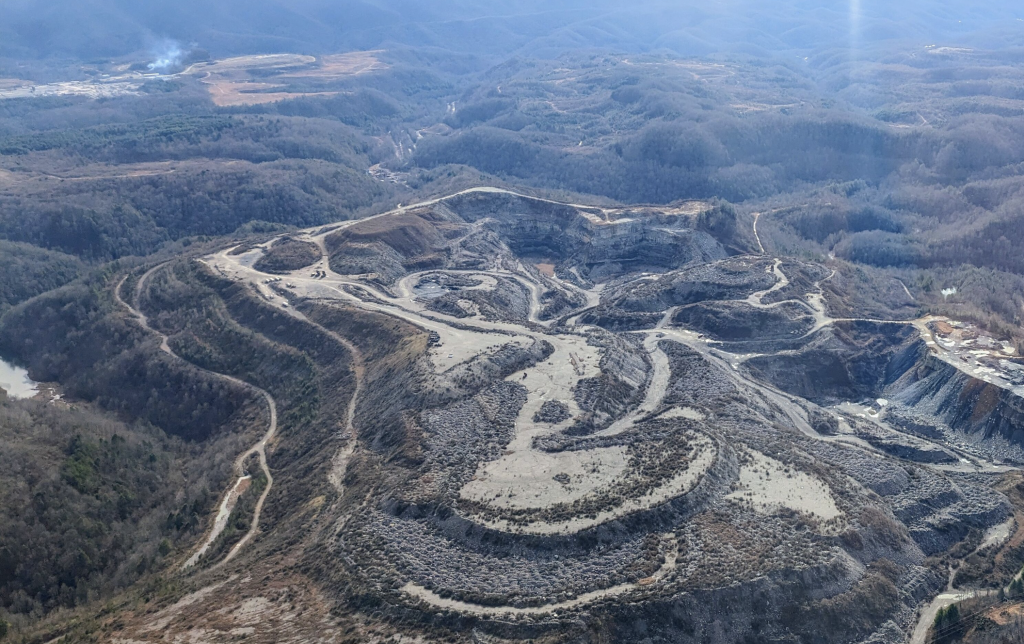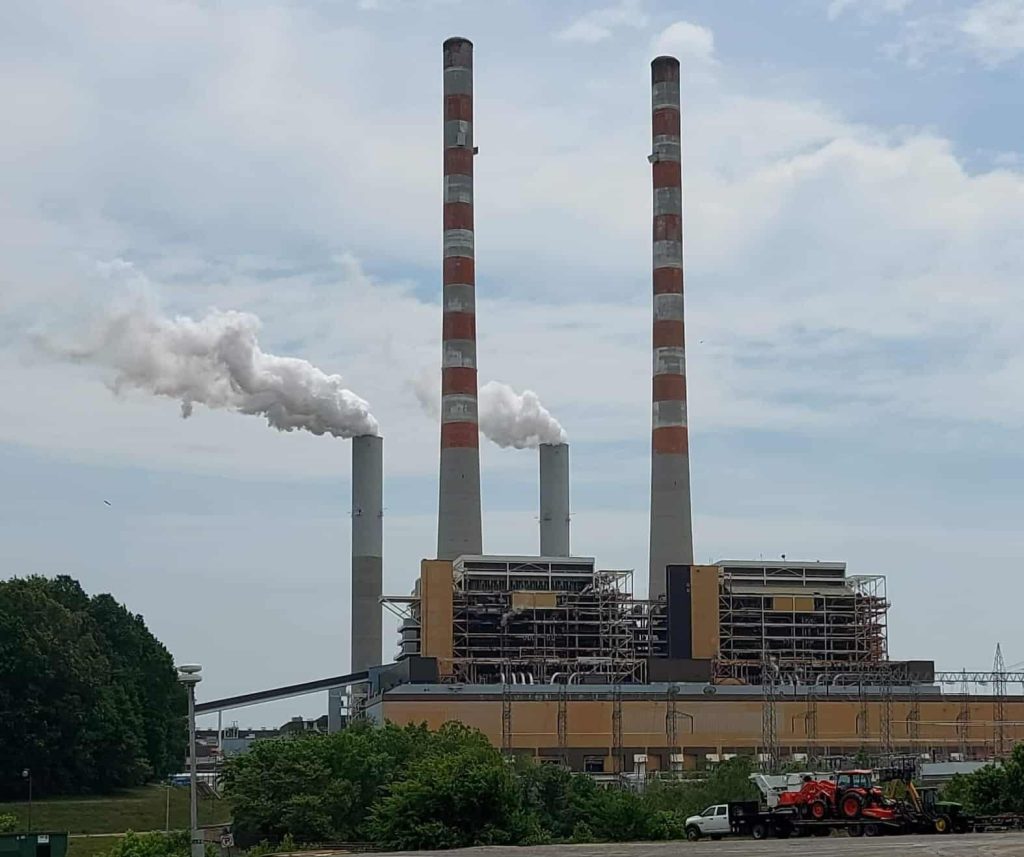Virginia Bill to Lift Uranium Mining Ban Withdrawn | Inspecting Fracking in Ohio
By Davis Wax
On January 31, legislation to lift a 31-year old ban on uranium mining was withdrawn from the Virginia Senate floor before voting could commence that afternoon. The bill’s sponsor, Sen. John Watkins, removed the bill from the agenda of a panel expected to defeat the proposal.
Like many others across the state, the members of the Agriculture, Conservation and Natural Resources Committee are concerned with the environmental effects associated with the proposed mining of a large deposit of uranium ore at Coles Hill Farm in southern Virginia.
The National Academy of Sciences concluded in a study that the state’s wet climate and proclivity for extreme weather events like hurricanes are linked with a greater likelihood of water contamination through radioactive leaks. Human exposure to uranium — via contaminated dust, water, or food — has been linked to kidney and liver damage, various cancers and birth defects.
The radioactive waste leftover from such mining activity, known as tailings, has been a major concern for those opposed to the removal of the ban. Virginia Uranium, the company which has been pushing to lift the state ban, says it will safely store all tailings underground, though there have been questions about how close this storage would be to vital water resources.
The metropolitan area of Hampton Roads gets a large amount of its drinking water from Lake Gaston, which is only 20 miles downstream of Coles Hill. Richmond and Raleigh, N.C., are not far away, either. It is estimated that the drinking water of more than one million Virginians could be affected by such a uranium mine.
With any further legislation seemingly done for the year, Sen. Watkins has brought his proposal straight to the governor in hopes of a successful administrative push to other state agencies. Gov. McDonnell (R) is overseeing the request, but before voting was scheduled to begin and as of press time, he had yet to take an official stance on the issue.
Inspecting Fracking in Ohio
By Jil Lee
The Ohio Department of Natural Resources, which is responsible for overseeing oil and gas extraction in the state, failed to fulfill its promise to hire a total of 90 inspectors to cover the state’s 64,481 operating gas and oil wells, according to The Cleveland Plain Dealer. The department only had enough staff to cover 18 percent of its wells in 2011, leaving more than 50,000 unchecked. The department currently has 52 inspectors and nine vacant inspection positions.
Regardless of the department hiring process, residents of Athens County have outlined a proposal to Athens City Council to ban fracking wells within a 20-mile radius of the city, according to Athens News. Supporters of the ban say that municipalities have the right to prevent water pollution, and want the council to adopt the ordinance and place it on the ballot for a referendum vote in November.
Read more:
At Long Last, A Safer School for Marsh Fork
Inside the Kudzu Bug
A Local Fight for Water Rights
Fiscal Challenges for N.C. Clean Water Trust Fund
Related Articles
Latest News

Leave a comment
Your email address will not be published. Required fields are marked *





Leave a Comment